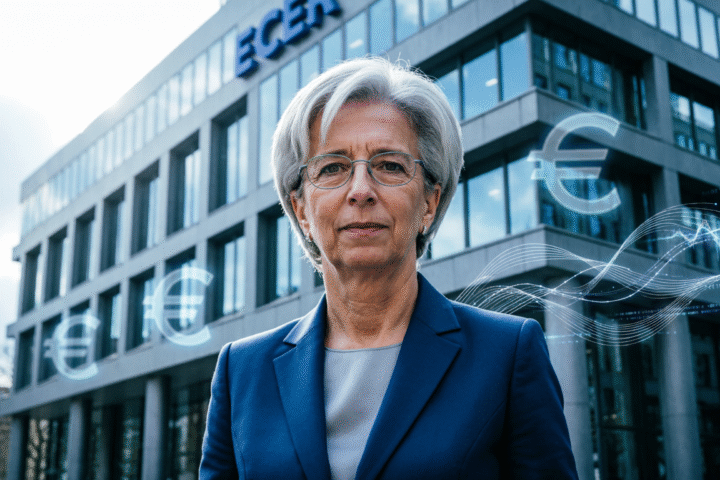Vietnam’s Deputy Finance Minister Nguyen Duc Chi has confirmed that the Ministry of Finance has not received any requests from businesses to participate in crypto pilot programs for digital asset trading.
Key points:
- Vietnam’s Ministry of Finance has not yet received any applications from businesses to join the country’s crypto pilot program, despite several companies preparing to enter the market.
- Regulations limit pilot program participation to five enterprises, with strict requirements including a minimum capital of 10 trillion dong (~$379 million) and restrictions on product offerings.
- The government’s cautious approach, including bans on stablecoins and tokenized securities, reflects a regional trend of balancing crypto innovation with financial stability, favoring only highly prepared and compliant firms.
According to local media outlet, The Investor, Chi disclosed the information during a press conference on Sunday. “As of now, the ministry has not received any proposals from enterprises. However, we are aware that several companies are preparing for this, including registering additional business lines to participate in the digital asset market,” Chi stated.
The Deputy Finance Minister also noted that while numerous enterprises may express interest, government regulations cap the number of crypto pilot participants at five. Chi added that the Ministry of Finance is fast-tracking the approval process to allow the first qualified enterprises to receive licenses and start operations in Vietnam without delay.
Related: Lagarde Exit Talk Sparks Uncertainty Over ECB Digital Euro Future
“We hope to launch this pilot before 2026. However, the progress will depend on how well enterprises can meet the required conditions. With close coordination between businesses and the ministry’s relevant units, we believe the timeline can be accelerated,” Chi stated.
The announcement follows nearly a month after the government issued Resolution 05/2025, formally launching the long-awaited crypto pilot. The limited number of applicants emphasizes the stringent compliance requirements and narrow product scope companies must meet, including substantial capital thresholds, strict staffing criteria, and restrictions on the types of crypto products eligible for the crypto pilot.
Licensed crypto asset service providers (CASPs) are required by the Ministry of Finance to maintain a minimum capital of 10 trillion dong, roughly equivalent to $379 million.
Related: CFTC Opens Door for National Trust Banks to Issue Stablecoins
In addition to steep capital requirements, Vietnam has prohibited the issuance of crypto assets backed by fiat currencies or securities. This effectively excludes most stablecoins, including USDT and USDC, as well as a growing segment of tokenized securities and money-market funds, significantly limiting the range of products that could appeal to retail and institutional investors.
Vietnam’s cautious approach reflects a broader regional trend of measured crypto adoption, balancing innovation with financial stability, and signaling that while opportunities exist, only the most prepared and compliant firms are likely to succeed in the emerging market.












